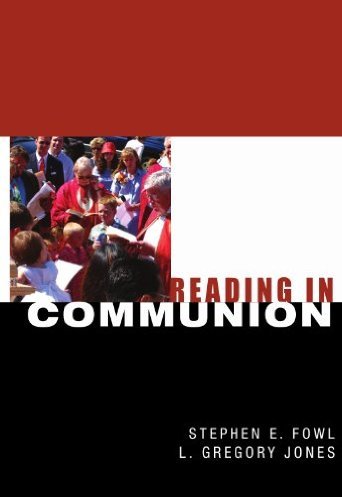What do you think?
Rate this book


177 pages, Paperback
First published September 1, 1991
“First, in our judgment of the world we also judge ourselves. We discover the ways in which our own lives, as communities and individuals, continue to reflect that ‘world’ of unbelief rather than the Gospel of Jesus Christ. As James Wm. McClendon has suggested, ‘the line between church and world passes right through each Christian’s heart’. We need to allow the world to provide readings of us because we can too easily conflate the Church and the Kingdom, presuming that the world is not — or at least is not any longer — a part of our lives. So, for example, when we condemn racism or sexism as incompatible with the Gospel of Jesus Christ, we need to allow the world to ‘read’ us by showing how the practices and institutions of Christian communities continue to be racist and sexist.” (pp. 47-48)